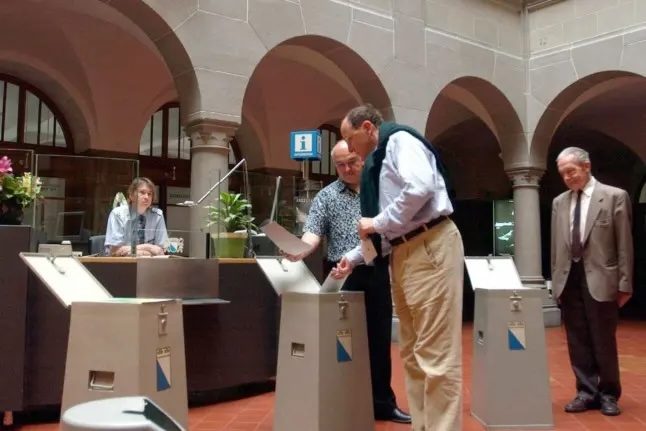Not quite the stuff of James Bond gadget master Q, but almost 800 inventors are expected to tout their wares at the event from April 18 to 22 in the hope of seducing investors.
Visitors to the show, which organisers say is the biggest in the world exclusively devoted to inventions, will see exhibits across numerous categories including toys, medical equipment and domestic appliances.
For the inventors hailing from 46 countries, coming to Geneva represents a big chance but also a hefty investment of time and money.
First you need to get a patent for your invention, which can be expensive, and then take up a stall for five days in the hope of finding someone to finance it.
Each year licences worth more than $45 million (€34.2 million) are negotiated at the show.
“Every year we have examples of businessmen who want to invest in inventions and who fall in love with a particular product,” said Jean-Luc Vincent, the exhibition’s founder and president.
“On talking with the inventor they decide to put up the funds to help market it.”
Taking home a show award or simply taking part can be a shortcut to becoming a millionaire thanks to the marketing effect.
“Mircea Tudor, the Romanian inventor of RoboScan, a giant scanner built on the back of a truck, became a millionaire within six months after winning the Grand Prize in 2009,” said Vincent.
“Thanks to the Geneva Exhibition, he made a fortune selling his truck to border officials in several countries,” he said.
The invention meant they could see the contents of the truck in a flash.
Around 15 percent of inventors taking part in the show are independent, the remainder work for businesses, research institutes and universities.


 Please whitelist us to continue reading.
Please whitelist us to continue reading.
Member comments